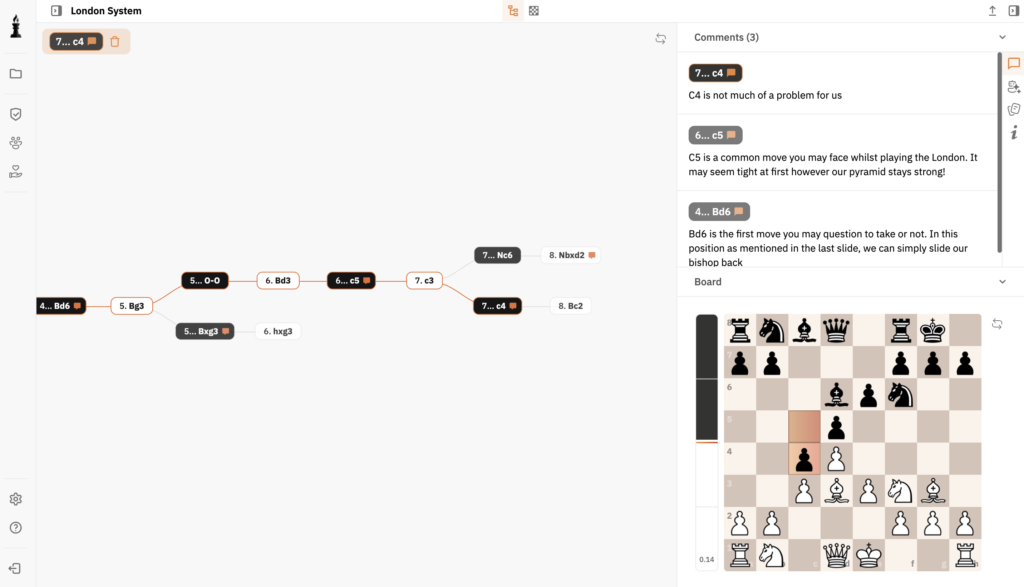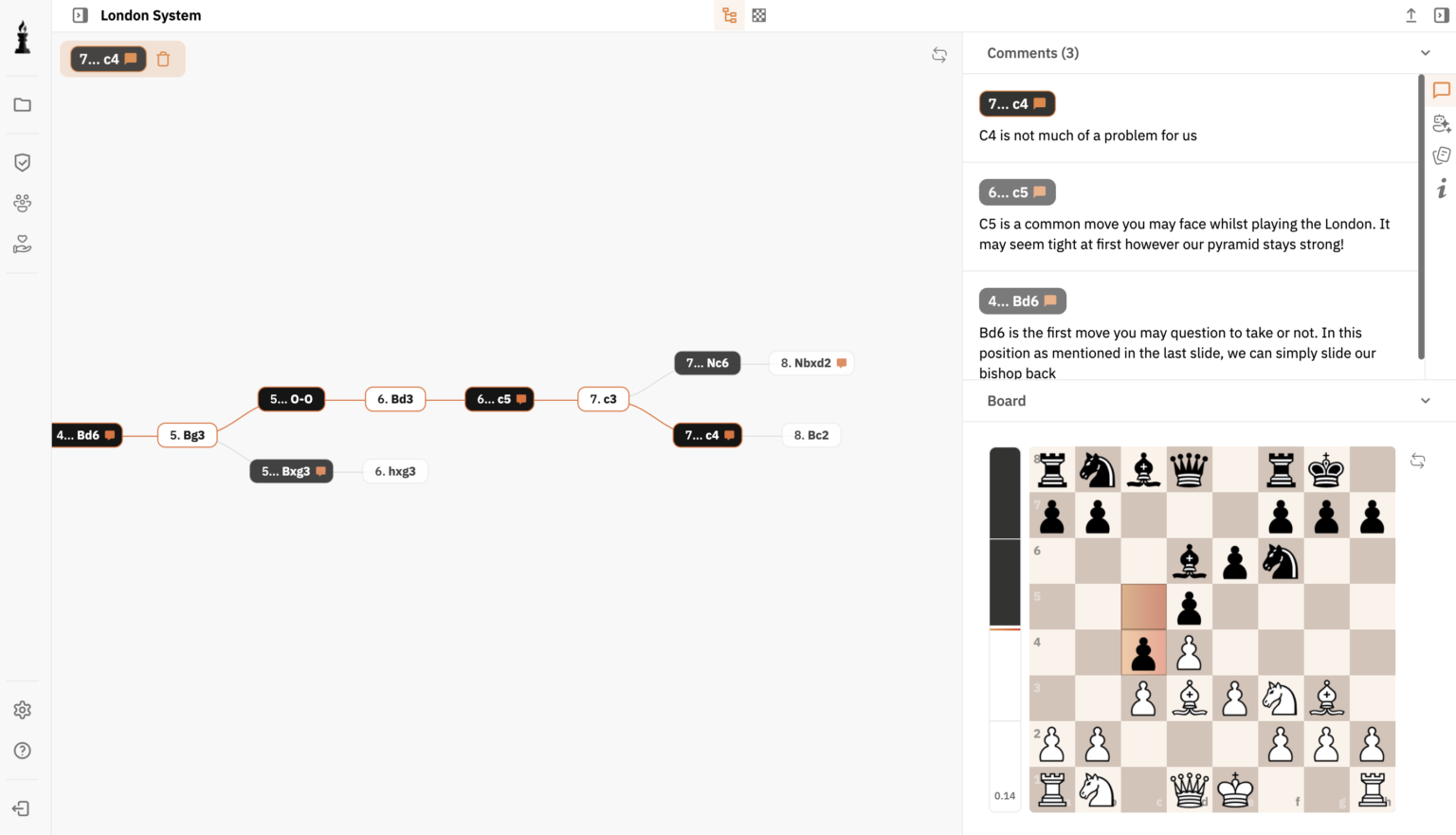This article delves deeper into the life and legacy of Bobby Fischer, the American chess icon whose unparalleled skill and controversial personality forever altered the course of chess history.
Early Life and Introduction to Chess
Robert James Fischer was born on March 9, 1943, in Chicago, Illinois. Raised by his mother, Regina Fischer, he spent most of his childhood in Brooklyn, New York. Fischer’s fascination with chess began at the age of six when he learned the basic rules from instruction booklets and began practicing incessantly. Recognizing his extraordinary aptitude, his mother supported his growing interest by encouraging him to join chess clubs and participate in local tournaments.
By the time Fischer was a preteen, he had already demonstrated remarkable strategic thinking and an intense competitive spirit. His breakthrough came when he played in various youth competitions, consistently overwhelming opponents several years his senior. The New York chess scene quickly took note of the young prodigy, whose disciplined study habits and photographic memory allowed him to absorb chess theory at an astonishing rate.
Rapid Rise and Major Accomplishments
Youngest U.S. Champion
In 1957–58, at just 14 years old, Fischer secured the U.S. Chess Championship title. This victory made him the youngest champion in the tournament’s history at the time. The chess community marveled at his commanding performances and his ability to dominate experienced adults despite his youth.
Grandmaster at 15
Fischer’s ascendancy continued in 1958 when he earned the coveted Grandmaster title at the age of 15, becoming the youngest Grandmaster in the world at that point. His approach to the game was characterized by intense preparation, keen endgame technique, and a relentless will to win.
The Game of the Century
In 1956, before officially claiming his national championship, Fischer played a historic match against Donald Byrne, often referred to as the “Game of the Century.” Fischer’s brilliant sacrificial tactics and deft maneuvering in that game became the subject of global admiration and study, further raising his profile as a unique talent.
The 1972 World Chess Championship
Fischer’s most celebrated triumph took place in Reykjavik, Iceland, where he faced Boris Spassky of the Soviet Union. Dubbed the “Match of the Century,” this confrontation unfolded during the height of the Cold War, adding a dramatic geopolitical backdrop to an already high-stakes event.
- Symbolic Rivalry: The United States and the Soviet Union dominated international news at the time, and Fischer vs. Spassky became an emblematic showdown of ideological and cultural competition.
- Media Frenzy: News outlets worldwide descended on Reykjavik, turning chess into an unlikely global spectacle. Fischer’s unpredictable behavior—initially refusing to show up for one of the games—further fueled the event’s notoriety.
- Historic Victory: Fischer overcame the Soviet chess juggernaut by achieving a 12½–8½ score, becoming the first American-born World Chess Champion. His triumph inspired a surge of new interest in chess, resulting in the establishment of countless chess clubs and an increase in tournament participation across the United States.
Controversies and Personal Struggles
While Fischer’s brilliance over the board is undisputed, his life off the board was equally dramatic:
- Tournament Disputes: Fischer often demanded specific conditions, from prize fund guarantees to seating arrangements and lighting. If these demands were not met, he would threaten to withdraw—or actually withdraw—from high-level tournaments.
- Refusal to Defend Title: After winning the world title, Fischer famously declined to defend it in 1975 against Anatoly Karpov. His disagreement with the International Chess Federation (FIDE) over match regulations resulted in him forfeiting his championship.
- Anti-Establishment Views: Fischer’s outspoken nature extended to political, religious, and social topics, frequently drawing ire from the public and the media. In later years, he made statements that were widely criticized for being anti-Semitic and anti-American.
- 1992 Spassky Rematch and Exile: In 1992, Fischer emerged from isolation to play a rematch against Boris Spassky in Yugoslavia, violating U.S. sanctions imposed during the Yugoslav Wars. This led to legal action by the U.S. government and forced Fischer into self-imposed exile in various countries.
- Arrest in Japan (2004): Fischer was detained by Japanese authorities for using a reportedly invalid American passport. Following his arrest, he was granted Icelandic citizenship in 2005, which allowed him to avoid extradition and settle in Reykjavik.
Later Years and Final Legacy
Fischer spent his final years in Iceland, where he had enjoyed his greatest triumph. He passed away in Reykjavik on January 17, 2008, at the age of 64. Despite the controversies and the tumult of his personal life, Fischer’s influence on chess remains profound.
- Impact on Chess Theory: Fischer studied openings with unprecedented depth, developing innovative lines and ideas that top players still reference today.
- Chess Popularity Boom: His 1972 victory sparked mainstream American interest in a game traditionally dominated by the Soviet Union, shaping a new generation of chess enthusiasts.
- Chess960 (Fischer Random Chess): In his later years, Fischer advocated a chess variant known as Chess960, aimed at reducing the impact of memorized openings and emphasizing creative thinking.
Notable Olympiad Records
Fischer also excelled at the Chess Olympiads while representing the United States:
- He participated in the Olympiads of 1960, 1962, 1966, and 1970.
- He earned two individual gold medals, showcasing his dominance on the top board.
- His performances contributed to four team silver medals, underscoring his indispensable role in elevating American chess on the global stage.






